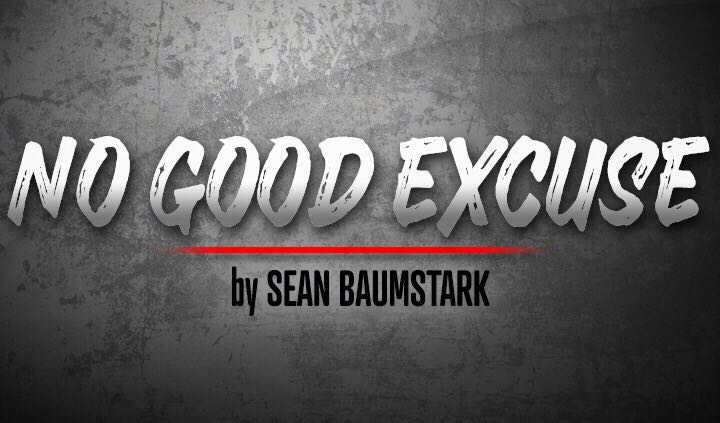If You Want to Get Better at Something, You Need to Put in the Practice
Written by |

In my previous column, I focused on the thought processes that prevent us from doing our best.
This subject has been on my mind a lot recently. In a somewhat related vein, I wonder how I’m ever going to get good at something or stronger in my habits and disciplines if I don’t practice the action or commit to the follow-through.
Nobody is born a champion. Sure, particular characteristics and some natural talent provide a boost, but nobody earns a gold medal without putting in the practice. The same is true of music. Some instruments are relatively easy to learn, and many people can play by ear early on in their efforts. But without practice, no one is going to receive a Grammy nomination.
Whether it be sports, music, career, speaking, writing, parenting, loving, or anything else that’s important for a rich and fulfilling life, practice is essential if you want to get better.
Lately, I’ve been asking myself, “How can I expect to be great at something when I never practice?” No matter how I word this question, ultimately the answer is: “I can’t.”
I can’t get better, do better, think better, or be better if I’m not practicing the things in which I want to improve.
Interested in FA research? Check out our forums and join the conversation!
Nothing, including the desire to get better at something, happens by accident. I have to put in the effort, time, and intentional practice to experience improvement.
Whether I’m thinking about how I can become a better public speaker, writer (yay for editorial help!), trainer at work, podcast host, or roommate, I recall the music lessons that I took growing up.
I love the piano. But I haven’t played in years, and I couldn’t sit at the keys now and perform a piece for anyone — not even something as simple as “Chopsticks.”
That’s not the point, though.
There’s only one reason that I can’t play anything on the piano today: I quit practicing a long time ago.
I stopped setting aside time each week to get better. I gave up holding myself accountable to a piano teacher and a metronome. I dropped the finger exercises and cut out the flashcards.
Can you guess why?
Excuses. I had no “time” for weekly practice. I didn’t like that I was “supposed” to follow a lesson or fulfill an expectation.
A grand or baby grand piano still gets my attention when I walk by one in a hotel lobby or restaurant. But loving the piano is not enough to make me a master pianist. My interest alone won’t make me better tomorrow than I am today.
Instead, I have to ditch my excuses and practice. Although I don’t believe that “practice makes perfect,” I do think that practice makes better.
How can any of us expect to be great at something if we are not practicing it?
***
Friedreich’s Ataxia News is strictly a news and information website about the disease. It does not provide medical advice, diagnosis or treatment. This content is not intended to be a substitute for professional medical advice, diagnosis, or treatment. Always seek the advice of your physician or another qualified health provider with any questions you may have regarding a medical condition. Never disregard professional medical advice or delay in seeking it because of something you have read on this website.






Leave a comment
Fill in the required fields to post. Your email address will not be published.